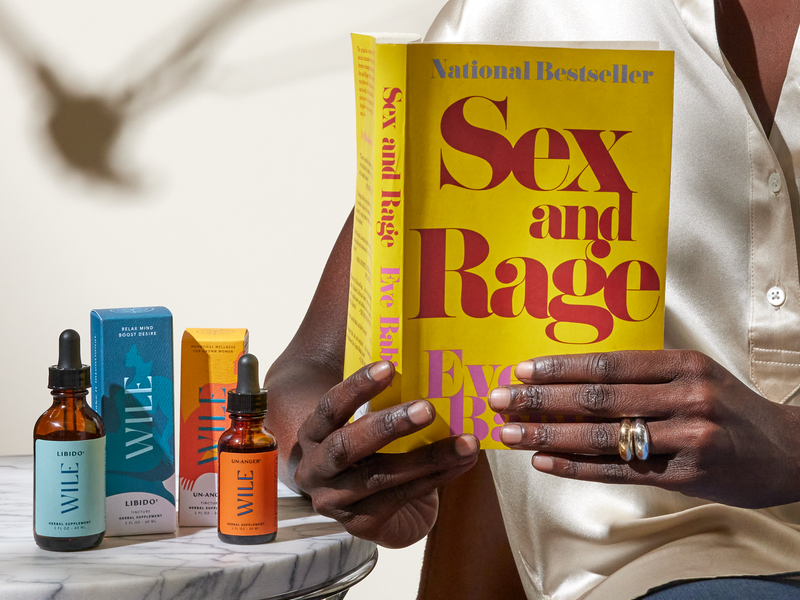Are supplements regulated? Safe? Snakeoil? The Holy Grail?
If you are looking for a perimenopause vitamin, hormone balance or just a plain old vitamin C, it’s hard to know what to trust. A beautiful package—or ugly one—is no indicator of quality.
Supplements are regulated
Contrary to popular belief,, the supplements industry is regulated by the FDA under laws specifically written for dietary supplement companies. These regulations are different than those for conventional food, and also different than the regulations for pharmaceutical drugs.
Supplement regulations dictate acceptable claims, require ingredient transparency, safe manufacture. But not every company is reputable in any category, so how can you buy smart when evaluating a supplement?
Ask: Does it LOOK healthy?
Supplements are federally regulated as a dietary supplements. And many common sense guidelines apply to both. Sure a shiny bright covering or magic looking nanoballs look cool. But are they necessary? Value-adding?
Look for:
-
Added sugars
-
Added dyes or colors
-
Artificial sweeteners
-
Artificial flavors
-
More artificial anything?
Ask: Is it packaged to last?
Light, air, moisture and time can undermine the integrity of supplements, not just in your cabinet but in a warehouse or on a store shelf.
TIP: Look for quality packaging
Some packaging is designed to protect the contents from degradation:
-
Dark bottles and containers (often dark brown, referred to as amber in the biz)
-
Blister packs (where you punch capsules out of plastic and foil, kept in a box)
Ask: Are the claims reasonable?
We’ve seen them, too. Promises that a supplement will help you lose 20 lbs in a week, restore the skin you had at 20 and walk your dog for you. As supplement makers, these companies drive us as crazy, too. So when you see an unreasonable number or outlandish claim, click off or walk away.
Know this: Every claim Wile makes has peer-reviewed studies or research published in respected scientific journals to back it up, often as well as hundreds of years of traditional usage.
A Hidden Consumer Benefit of Big-Name Retailers
Some companies, like Wile, sell with large, well-known retailers such as Whole Foods Market as well as online.
And often for the consumer, that can be a good thing beyond convenience. First, professionals weigh in on the quality to determine every supplement is shelf worthy. But also, they often require vigorous claims substantiation and review before they’ll accept a product.
Wile has undergone such scrutiny on every product, as well as retaining third-party review on every one of our claims to ensure complete confidence for ourselves and our customers.
On each product page on our site, you’ll see the list of studies that substantiate the ingredients in every product in the product FAQ.
Tip: Questions to Ask Before You Buy
-
Do the claims seem too good to be true?
-
Are there so many claims—and/or covering an incredibly wide spectrum of needs—that it would be difficult for one supplement to cover them?
-
Is the product only online, using over-the-top language or hard-sales tactics? Think - this offer will only last for 12 more minutes! Or I lost 35 lbs of stubborn belly fat in 7 days!!!!
-
Are there indications that this company may not be “real” beyond a label or URL? If you can not discern a back story, any sense of founders, where it is based, or if the language seems odd and disjointed, beware.
-
Is it NOT available in any major retailers, with practitioners or in other trusted outlets with a reputation and credibility in natural health?
-
Do the reviews on the site veer wildly from the way people talk? Are they ALL 5-star reviews, only with no negative feedback? After all, there’s no one any product will work for everyone.
YES to any? Red flag.
Ask: Are the ingredients safe?
Reminder: beauty products, personal care products, household cleaners - none are legally required to list every ingredient on their labels. Some can be omitted or hidden behind obtuse words like “Fragrance” as a trade secret.
Natural supplements are required to list every ingredient.
On Wile natural supplement and others, you will find a list of ingredients in the supplements facts box (looks similar to a nutritional box) and listed below as “other ingredients.”
Ingredient safety is not just the ingredient itself, but quality. At Wile, we screen for:
-
Heavy metals (lead, mercury, cadmium, arsenic)
-
Microbiological contaminants
-
Residual solvents
-
Pesticides
Gluten free—Wile performs gluten screens for our gluten-free designation using a test called Enzyme Linked Immunosorbant Assay (ELISA).
Vegan—Wile also reviews all ingredients for any animal-derived components.
Tip: How can you research ingredients?
Here are a few options:
- Examine.com is the resource of record for the supplements industry.
- You can search herbal ingredients on a database created by the Sloan Kettering Cancer Center.
- There’s also the Dietary Supplement Ingredient Database which can give an estimate of how much of an ingredient may be in a supplement product. Note: wile ingredients are not just listed on our labels, but the amount of each beneficial supplement ingredient is listed as well.
This article is intended for informational purposes and is not intended to replace a one-on-one medical consultation with a professional. Wile, Inc researches and shares information and advice from our own research and advisors. We encourage every woman to research, ask questions and speak to a trusted health care professional to make her own best decisions.




